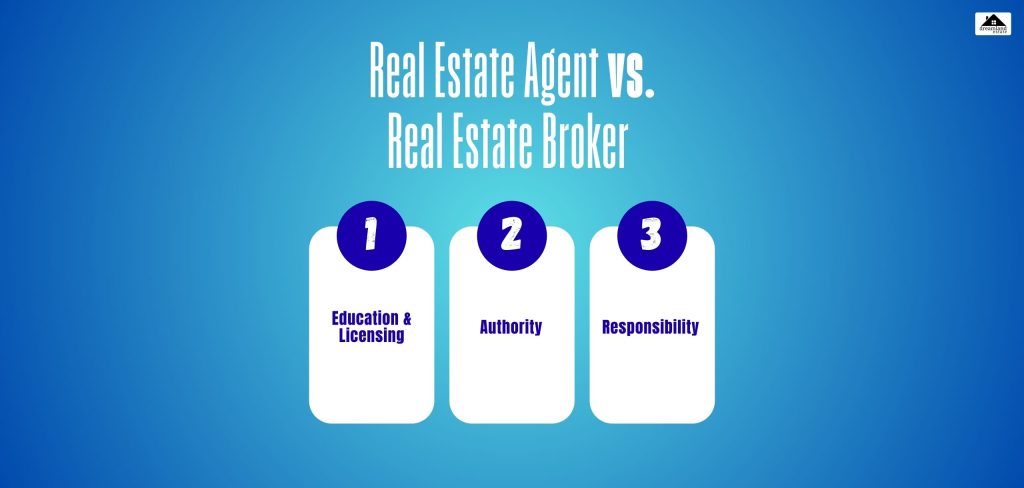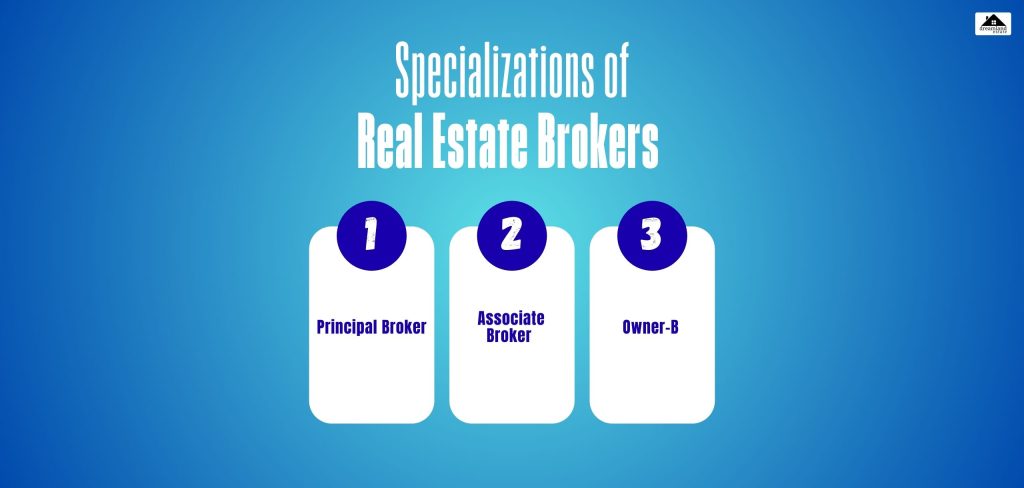Who Is A Real Estate Broker? A Super Simple Step-by-step Guide For Absolute Beginners.

So if you’ve ever thought about buying or selling a house, chances are someone has tossed the word real estate broker around.
You may have heard of “real estate agent,” “realtor,” or “brokerage.” And truthfully, the lingo gets very confusing. So what do they all do? Do you necessarily need one? And what is the difference between a broker and an agent?
Relax—I’ve got it covered. This is your step-by-step guidebook on knowing what a real estate broker is, why they are essential, and how they can make your property adventure a lot easier.
So, what is a real estate broker?

Starting at the top: What is a real property broker?
A real estate broker is a licensed professional who helps people buy, sell, and sometimes rent properties.
But here’s the twist—they’re a step above regular real estate agents. Brokers have more training, more knowledge, and more responsibility.
Just Consider it This Way:
A real estate agent is like the driver of a car. The realtor is the person who owns the vehicle, maintains it, and at times also operates it.
In a nutshell, all brokers are agents, but not all agents are brokers.
Real Estate Agent vs. Real Estate Broker

So what is the difference between these two? Let’s take a look at it!
Education & Licensing
Agents usually complete foundation licensing coursework. Agents are required to take extra classes and examinations to demonstrate that they understand laws, contracts, and real estate transfers at a higher level.
Authority
Agents have to work under a broker. They can work alone or may have their very own realty firm.
Responsibility
Agents are only focused on helping clients sell or buy. Brokers do more than assist clients; they oversee agents, manage the legal documents, and maintain everything proceeding accordingly.
So if you are doing business with a broker, you are basically getting someone with extra skills and experience.
Specializations of Real Estate Brokers

Not all brokers are exactly the same. They come in varying sorts, and knowing these is what makes it easier for you if you can’t tell what anyone is.
1. Principal Broker (or Managing Broker)
This is the boss of the brokerage. They oversee everything, hire agents, and make sure all legal rules are followed.
2. Associate Broker
They are licensed brokers, but rather than starting their own shop, prefer doing business under the umbrella of some other broker.
3. Owner-B
As the title suggests, they control the brokerage and may additionally deal with clients.
It is basically like employment posts of a corporation—you’ve got your executives, managers, and team leaders. They are vital but play varying roles.
What Does a Real Estate Broker Actually Do?
Now that we understand what a real estate broker is, it is time to describe what they do day-to-day. Spoiler: it is a lot!
Listed below are their key duties:
- Assisting You in Purchasing a House
- Finding listings within your price range and specifications.
- Scheduling property visits.
- Guiding you on appropriate prices.
- Negotiating deals with the seller.
- Assistant in Selling a House
- Getting the listing price right.
- Advertising your home (website listings, open houses, etc.).
- Talk with buyers and their agents.
- Working with proposals and transaction closing.
- Managing the Paperwork
(They also manage the Agreements, contracts, and disclosure forms. The brokers understand how to manage the paperwork that is part of the real estate business.)
- Providing expert advice
(Market trends, property values, negotiating strategies! They guide you step-by-step.)
In short, a broker is like your real estate tour guide, bodyguard, and paperwork wizard rolled into one.
Why Work with a Real Estate Agent?

You can’t help but think, “Couldn’t I buy or sell a house myself?” Yes, technically. Here is why most people find it preferable to use a broker:
Less Stress
They take care of the messy details so you don’t have to.
Better Prices
Brokers are skilled negotiators. They will make sure you get the highest dollar price if you buy or sell.
Market Observation
They are aware of where the up-and-coming neighborhoods are and what the house is worth.
Protect The Legal Aspects
Real estate is full of laws and regulations. Agents make sure that you don’t unknowingly break one of them.
Links
Do you require a home inspector? A mortgage broker? A contractor? Generally speaking, brokers are well-connected with their roster of reputable professionals.
So while you can do it on your own, utilizing a broker is like having a private coach that will make sure you don’t miss any vital information.
How Stockbrokers Earn Their Spendable Income

This is yet another question that comes up when people raise the query, What is a real estate broker?
The simple answer is this: brokers are usually paid commission. That is, when the deal closes, they are paid a percentage of the property’s sale price. It is typically 5-6% and is split equally between the buyer’s broker and the seller’s broker.
When you are marketing a home at $300,000, the commission may be $18,000. That is divided equally on both sides.
The bad news? You often don’t pay brokers upfront—the brokers are paid only when the deal takes place.
Common Fallacies Relating to Real Estate Agents
Let’s clear up a few misconceptions:
“Brokers are too costly.”
Not exactly. Their commission can be from the sale itself, and their negotiating skills can cost you less in the long run.
“I don’t want a broker to sell my home.”
You can sell on your own, but it is quite challenging. You will need to publicize the house, complete forms, bargain prices, and handle legal matters by yourself.
“All brokers are the same.”
Not. There are some fantastic negotiators, some are marketing whizzes, and some are experts with particular property types. Always choose one that suits.
How to Choose the Right Real Estate Broker
Okay, so you are now prepared to deal with one. How do you choose the best broker for you? Here are some of those tips:
- Ask for Referrals – Your friends, family, or colleagues might recognize a reliable broker.
- Test Experience – How long has the contractor been in business? Does the contractor conduct business exclusively within your market?
- Read Reviews – You can discover if they are useful and professional from online reviews.
- Interview Them – Don’t wait! Introduce yourself and ask them about their methodology, their costs, and their past clients.
- Trust Your Gut – You will be working very closely with this person, so do make sure that you are comfortable with them.











Leave A Reply